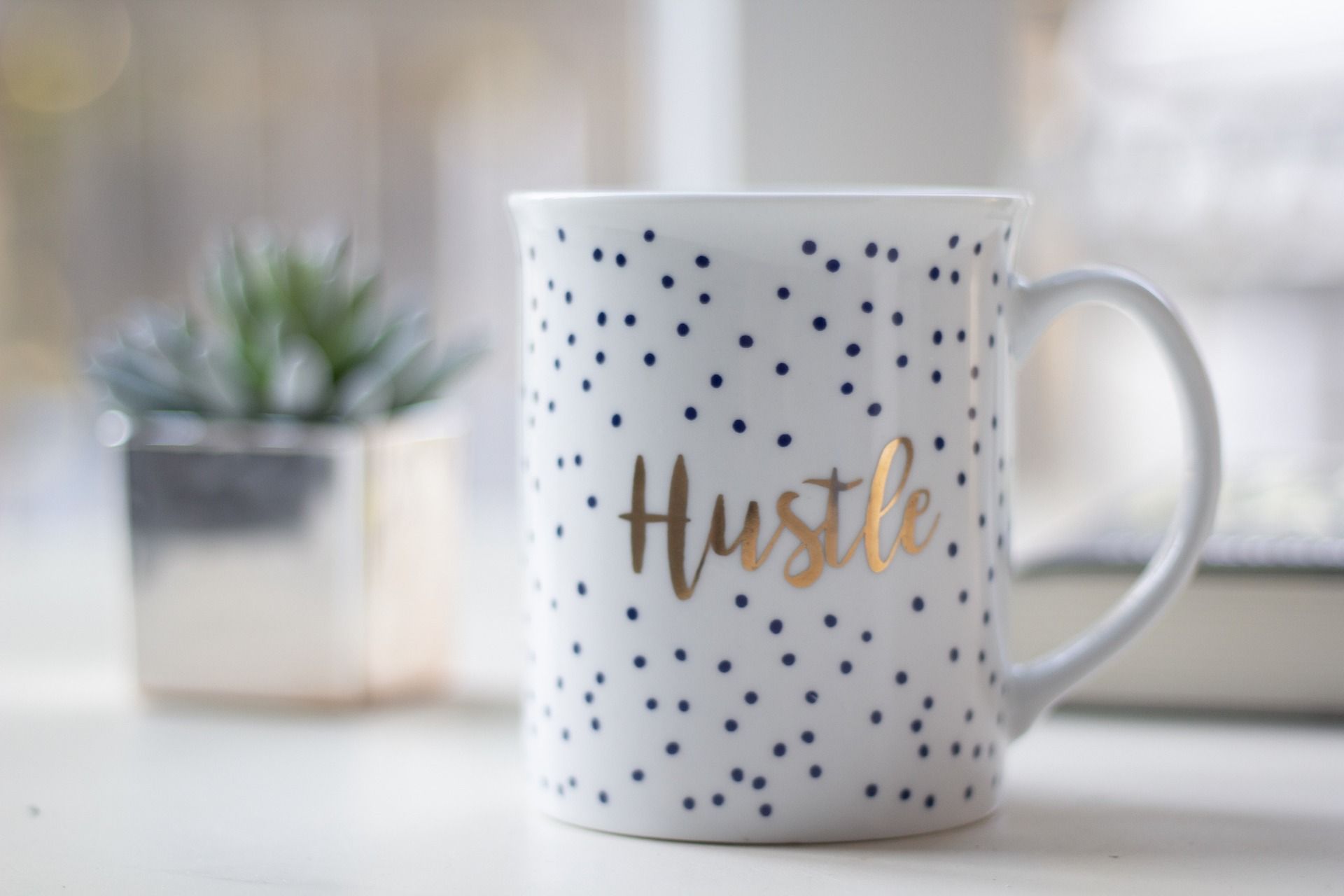Hustle Culture or Break Culture?
What is hustle culture? Read on to find out more about toxic positivity and the existential crisis of joining the hustle culture.

What is hustle culture? Where did it originate from and are today’s millennials sticking to the traditional 9-5 or are they carving their unique path in the world of work by turning their passions into full-time jobs? Read on to find out more about toxic positivity and the existential crisis of joining the hustle culture.
What is hustle culture?
Hustling is a temporary state of working hard to meet a deadline but over time, hustle culture emerged through social media, and it was normalized to constantly pursue work and put your career first. Hustle culture quickly became problematic when it glorified the no work-life balance and didn’t take into account mental wellbeing. Hashtags such as #nodaysoff and #everydayimhustling became popular online and it created a new surge in workaholism.
Is it good or bad?
There are some aspects of hustle culture that are good. It promotes how hard work and dedication can help you achieve your goals in life. Successful entrepreneurs and global icons didn’t get to where they are without discipline and sacrifice and many people who want to follow in their footsteps will adapt to a hustling lifestyle to get to where they want to be. This can often mean only prioritizing work instead of family, friends, and personal hobbies and interests.
However, the hustle culture doesn’t suit everyone. Having an imbalance between work and play can increase the risk of physical and psychological issues and increase the chances of burnout. The hustle culture has even been referred to as the ‘burnout culture.’ There has been a surge in people hustling due to the constant rise of inflation and the cost of living crisis after the global pandemic.
The rise of hustle culture
We are in the age of social media and we can conveniently check our emails and work from any location. This has enabled us to work harder and smarter and manage our time in different ways. Workaholism is a term that was coined in the 1970s and hustle culture appears to be an extension of this. The roots of hustle culture are in the need for millennials to be successful and through the media, they are overwhelmed with messages that financial, academic, or career success is the only true way to be happy. This is a form of toxic positivity that persuades people into believing something that is entirely false.
The rise in hustle culture has had a detrimental effect on mental health. In the UK, over 595,000 workers suffer from work-related stress and anxiety and in the US, 48% of Americans called themselves workaholics and admitted to checking emails in bed and even in the middle of the night. There are long-term consequences from working too hard and the hustle culture has seen a massive rise in illness and death from people suffering from exhaustion and being overworked.
Enter the break culture
On the flip side, since the pandemic, there has also been a rise in something called break culture, which is the opposite of burnout culture. The change from working in the office to remote work due to COVID uncovered the differences in productivity and employee happiness when a work-life balance isn’t established. A massive 42% of people have left their jobs since then due to burnout in the workplace this year and that number continues to rise.
Allowing yourself time to relax is not laziness, it’s biology. We were not designed to experience the toxic amounts of stress that the current societal norms expect from us. It is entirely possible to work hard, be successful and get to where you want to be but to also live a happy life with enriching relationships and opportunities to make memories. It’s all about balance. So hustle if you must but be aware of your wellbeing, take regular breaks and prioritize your family, friends, and hobbies every once in a while. Don’t work yourself too hard because you will look back one day and realize you missed out on a lot because you were too busy working. Life is to be enjoyed, not endured.
